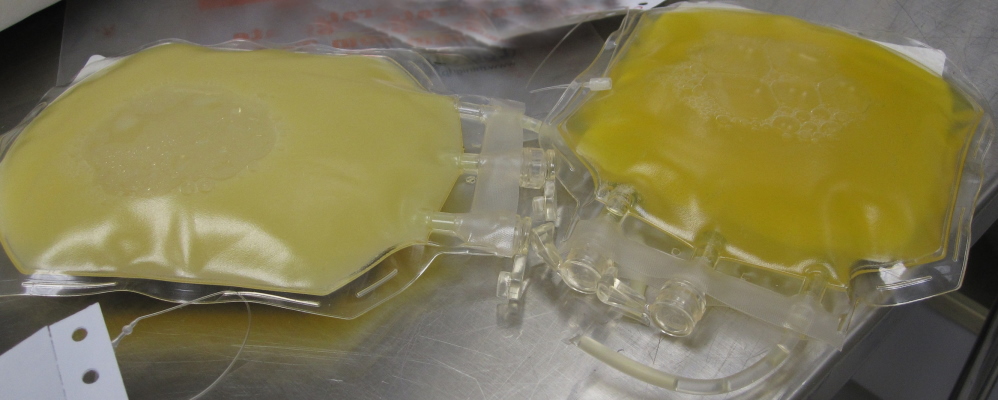NIH abandons convalescent plasma trial in mild COVID

Another trial of convalescent plasma in people with COVID-19 has missed the mark, this time in mild to moderate disease, further dashing hopes that the therapy could have an impact on the infection.
Convalescent plasma taken from recovered COVID-19 patients is laden with antibodies against SARS-CoV-2, and the hope was this could be used to confer a form of passive immunity to individuals still battling the infection.
Last year, the PLACID trial found no benefit of the therapy in patients hospitalised with moderate COVID-19. And two months ago, the convalescent plasma arms of two other trials – REMAP-CAP and RECOVERY – were halted on the grounds they were unlikely to show a benefit on the time people spent in hospital or mortality.
The latest C3PO trial – conducted by the US National Institutes of Health (NIH) – was halted to new patient enrolment after an independent group of experts concluded it was also unlikely to be beneficial.
It had enrolled a little over 500 subjects out of a target of 900 at the time the decision to stop was taken late last month.
That is a big disappointment, particularly as a meta-analysis of trials published earlier this year had suggested that less severely ill COVID-19 patients might benefit more, drawing on a trend towards better outcomes in patients who didn’t require mechanical ventilation compared to those who did.
The C3PO population had been showing symptoms for a week or less, but presented with underlying health conditions that raised their vulnerability to severe COVID-19, such as obesity, hypertension, diabetes, heart disease, or chronic lung disease.
There was no difference between the convalescent plasma and placebo groups on the need for hospitalisation or the death rate at 15 days. There is no question about the safety of the therapy however – the NIH says at least 100,000 people in the US have been treated using it without evidence of harm.
The latest finding does however further undermine the Emergency Use Authorisation (EUA) for convalescent plasma granted by the FDA in August, which came despite opposition from some medical experts who said it was premature as the safety and efficacy of the approach had not been established in human testing.
As it stands the EUA remains in force, although the FDA has repeatedly updated the criteria for which convalescent plasma can be used. In an update issued on 23 February, the agency said the therapy should only be used in hospitalised patients early in the course of disease and those hospitalised with impaired immunity.












